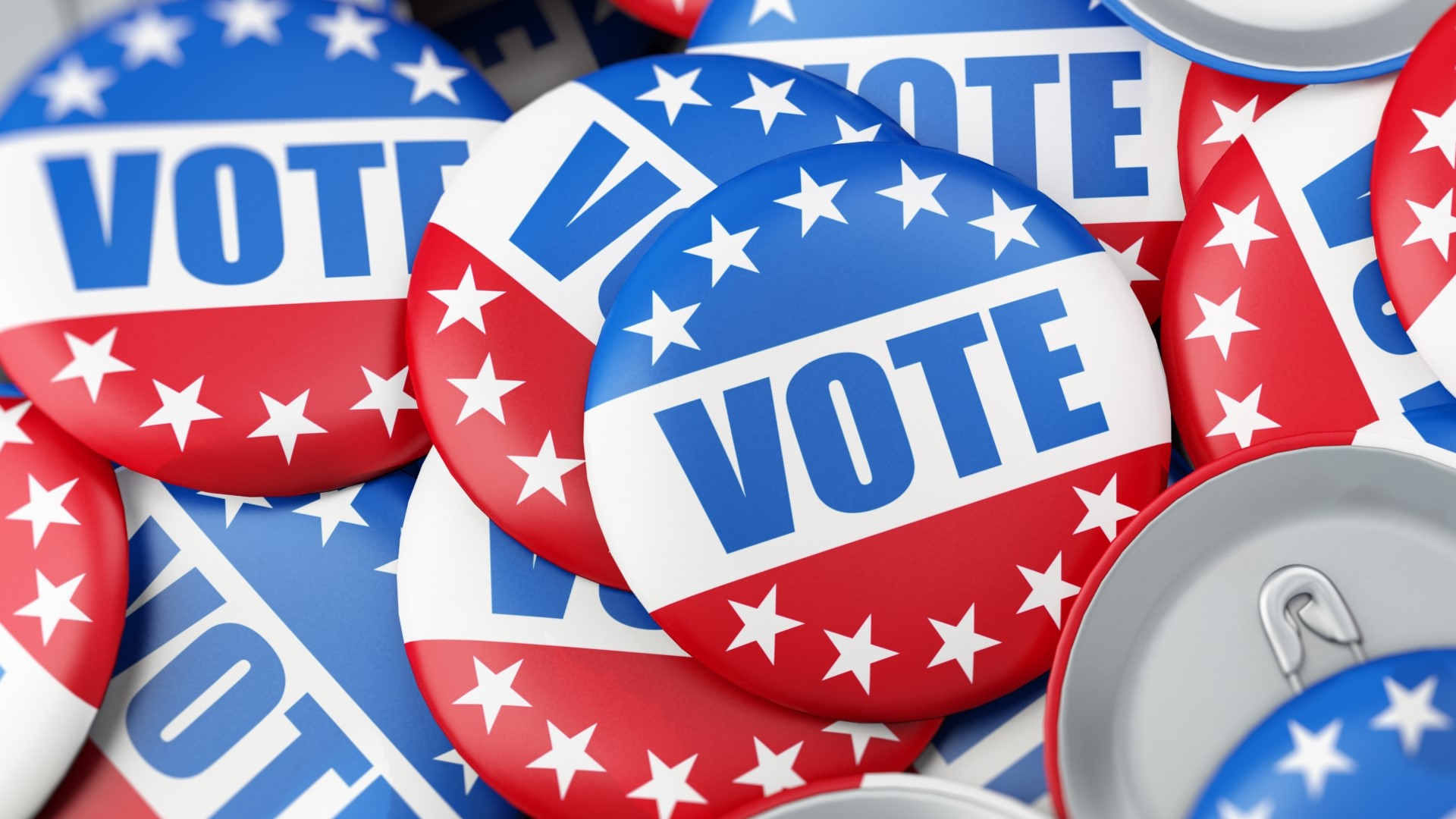HARRISBURG, Pa. — Several major Pennsylvania elections—including open seats for governor and senator—have primary races coming up on May 7.
Nearly 15 percent of registered voters, or 1,290,062 people, aren’t eligible to vote because they aren’t registered to the Democratic or Republican parties.
Each state has its own system to run primary elections. According to the National Conference of State Legislatures, there are six types of primary elections. Pennsylvania is among nine states to have fully closed primaries, meaning only registered Democrats can vote in Democratic primaries and only registered Republicans can vote in Republican primaries.
“It’s not fair," says David Thornburgh, CEO of Ballot PA, a coalition of civic and community groups.
Ballot PA is a project of Philadelphia's Committee of Seventy, which Thornburgh also led until January.
"We all pay for primary elections, including those who don't get to vote," Thornburgh continued. "That feels like the definition of taxation without representation."
Political scientists weigh arguments for and against close primaries. One on hand, the thinking is that people outside the party could purposefully vote for a candidate who’s unlikely to win the general election.
“The idea behind closed primaries is that a primary is really the party’s business, it’s the party determining who its nominees will be,” said Stephen Medvic, director of the Center for Politics at Public Affairs at Franklin & Marshall College.
Some also argue only members of a political party can accurately choose the best representation of their party.
On the other hand, open elections can pressure candidates away from extreme views. They also allow more people to vote in primaries overall.
“It’s a pretty powerful argument to say, ‘Let’s not shut somebody out of the system, let’s not shut somebody out of the process,’” Medvic said.
Pennsylvania’s system was enacted in 1937. As groups like Ballot PA call for reform, lawmakers are taking action.
A bill proposed in the state Senate would partially open primaries to independent voters. The bill would allow voters not affiliated with a political party to choose to vote in one, but not both, of the parties’ primaries.
State Sen. Dan Laughlin (R-Erie), who introduced the bill, said cracking open primaries would benefits both voters and candidates.
“Independents tend to vote for the candidate instead of the party, and I think that will produce better candidates for the fall,” he said.
State Sen. Maria Collett (D-Bucks), a co-sponsor of the bill, said in a statement,
It’s our duty as legislators, regardless of party affiliation, to ensure that our electoral system is equitable and accessible for every qualified voter, in every election. Veteran and former Pittsburgh Steelers player Robert "Rocky" Bleier said it best during a recent hearing: “When you fight for our country, and our freedom, you're not fighting for Republicans or Democrats. You're not on the red team or the blue team. You're on the red, white and blue team.”
Groups representing independent voters cheered the bill, but some are pushing to one day have totally open primaries.
“[The bill] is a good first step, but we independents see it as a first step to the motherland of having an election system that fully decouples voting rights from party affiliation,” said Jennifer Bullock, coordinator of Independent Pennsylvanians.
The bill wouldn’t pass in time for this year’s primary, but it could have a major potential impact on the presidential primary election in 2024.

